As we all know being a lacrosse goalie is an incredibly challenging position.
Yet for some field players or parents who’ve never stepped in the cage they seem to be blessed with the knowledge of what it takes to succeed in goal and they’re not shy with trying to coach the goalie, sometimes via harsh criticism.
Such is the case for a young goalie who wrote me an email:
The biggest challenge I’ve had with being a goalie is when the field players tell me what I need to do in goal. I know they’re only trying to help but the goalie is the hardest position, mentally and physically, so they wouldn’t know what it is like. – Q
So true Q. There are some lacrosse players who think they’re God’s gift to this game.
Granted they might be better and have more experience than you but continuous coarse comments make goalies uptight, kill the confidence, and destroy dominate goalie play.
Other sports, other positions that require less mental fortitude can better handle harsh words and direct criticism. But for us goalies it can be tough.
So what can we do? Let’s discuss the options when a field player is getting critical of your play during games.
Talk to the Player
If you’re in this uncomfortable situation of having older or more skilled player criticizing you, then the first option for dealing with this situation is talk directly to the offending player.
Your teammate probably has good intentions. He just wants to share what’s he is seeing from his point of view not aware of the mental battle lacrosse goalies fight.
So sometimes a quick chat after practice letting them know that their during-game criticism or feedback is actually hurting, not helping you make saves.
You can of course mention you appreciate their good intentions of trying to help you improve in goal, the manner with which they’re going about it is actually detrimental to your goalie development.
From the standpoint of team unity, criticizing your teammates during and after games will NEVER help them lift their level of performance.
Help them understand that you could make better use of their feedback if it came with some positive props and was presented to you in practice and NOT during games.
Talk to the Coach
Unfortunately the option of talking the player is a tough one because normally in these situations the offending player is older, more experienced, perhaps a team captain and feels they have the right or duty to “coach” the goalie via any method necessary.
That belief can make them unapproachable or closed off to hearing your feedback.
In that case, my advice is to bring this issue up with the coach and let him or her know what his happening.
A head coach’s job is to ensure the team is unified. They should be on alert for behavior that destroy’s the team environment and limits any one player’s ability to succeed.
I know on the many teams I’ve played on, it was an unwritten rule to never speak negative to your goalie during a game. If you must say something to the goalie, make sure it’s positive.
The coach, assuming he agrees with this rule, can help its enforcement.
To me, there is nothing more destructive to team work and the overall success of a program than having one or more players criticize others on or off the field.
Helping coach technique in a positive manner is fine but just general criticism doesn’t benefit anyone. If anyone needs to be critical of a player’s performance, it’s the coach and the coach alone!
If the coach allows this kind of on-field criticism to continue, then they’re not doing their job and letting the team down.
Athletes need to be repeatedly taught that getting down on a teammate for screwing up hurts those individuals and, ultimately, the whole team! Successful teams work together. If you feel that this isn’t going on on your squad, then alert the coach immediately.
Drop the Ego and Be Coachable
My next piece of advice is to really consider the feedback in an unemotional way.
If you’re hearing the same piece of feedback from a few different sources, regardless of their goalie pedigree, it might actually be something you need to work on.
Field players and spectators do have a different point of view and perhaps that unique point of view is clearly showing a bad habit that you’re not aware of.
For example, if players can clearly see you’re dropping your stick pre-shot and getting burned top shelf repeatedly, that’s a real issue you need to fix.
Ask your goalie coach or head coach if he’s seeing the same issue and if the answer is yes, work to get that issue addressed.
If you don’t have a coach who can serve that role I encourage you to record your games or practices and use them as scouting sessions to determine if your teammates are really correct.
Just because your teammates have never played goalie doesn’t necessarily mean that they’re wrong.
Now that being said, there’s probably plenty of feedback that you can ignore.
Things like “step to the ball” or “attack the shot”, that’s great in theory but difficult when the goalie is fearing the ball. That advice is no good and shows the field player might not understand the challenges of a beginner goalie.
Said another way, the point here is don’t focus on HOW your teammates are saying things, instead analyze WHAT they’re saying so you can determine if its a problem and get it fixed.
Taking a different perspective allows goalies to deal with criticism in a productive way and still perform at a high level.
Grow Thick Skin and Ignore It
One of the common attributes of mentally tough goalies is thick skin.
As a goalie we’re naturally in a position to receiving a lot of chirping. From fans, from teammates, from news reporters who want to give the goalie a piece of their mind.
Mentally weak goalies let that chirping belittle their game and lose their confidence while mentally strong keepers simply ignore it.
While criticism during a game isn’t helpful with adrenaline flowing it’s sometimes unavoidable. Thus my next piece of advice to grow thick skin and not let it bother you.
Just say ok and move on.
Conclusion
One of the hardships of this amazing position is that sometimes other will feel the need to criticize your play.
Sure, sometimes you’ll have a bad game but the in game coaching or criticism is only going to make things worse.
If you’re a goalie who finds himself in this position try discussing the issue with the player outside of practice or the game.
If that doesn’t work, which is likely given their presumed senior status, bring this issue to your coach.
If you’re hearing the same piece of feedback over and over perhaps consider that you really do need to address that piece of your game.
And finally, goalies need to have thick skin. While teammates shouldn’t be negative towards the goalie during games, if it does happen you need to have thick enough skin to not let it throw you off your game.
At the end of the day, just make sure you’re working hard and doing your job to the best of your ability.
Until next time! Coach Damon
Anyone else dealt with a critical teammate before? Let me know how you handled it in the comments.
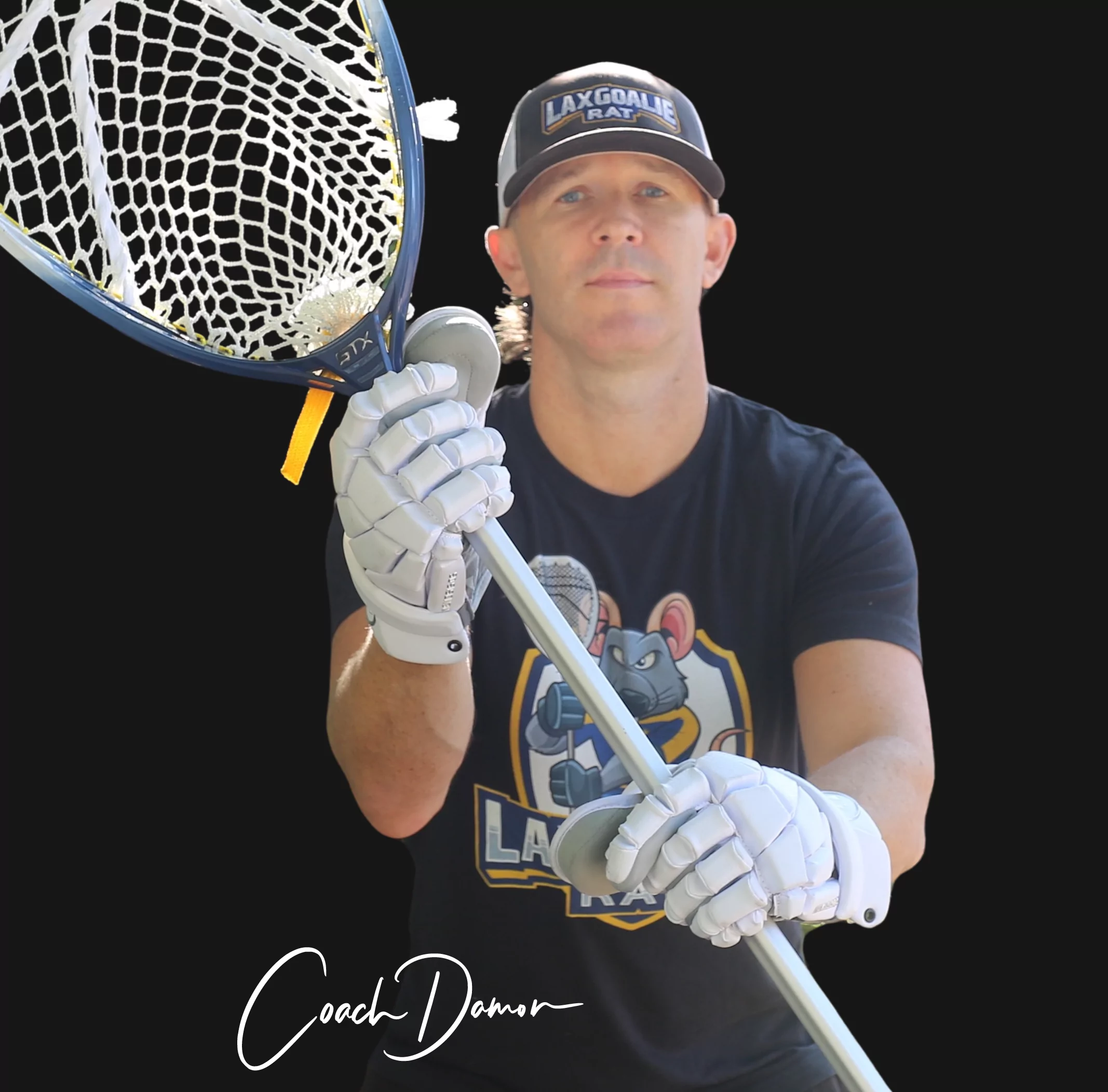







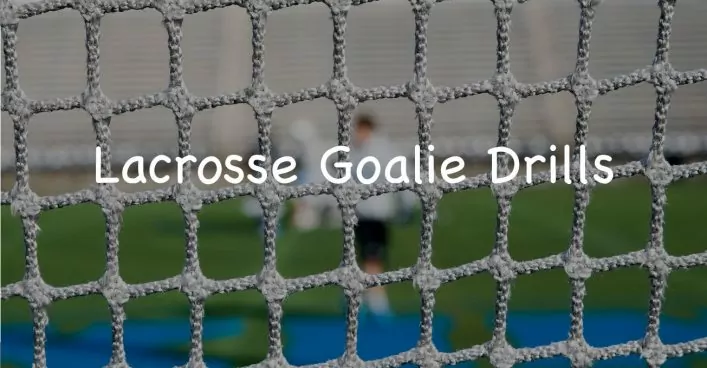 14 Amazing Lacrosse Goalie DrillsAug. 1, 2024
14 Amazing Lacrosse Goalie DrillsAug. 1, 2024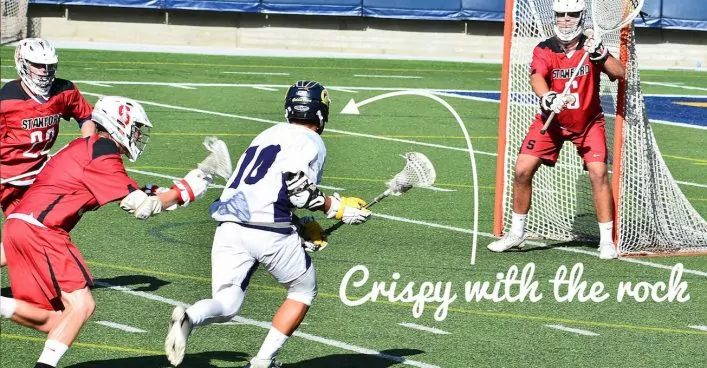 Quick Guide To Lacrosse Slang TermsApril 14, 2025
Quick Guide To Lacrosse Slang TermsApril 14, 2025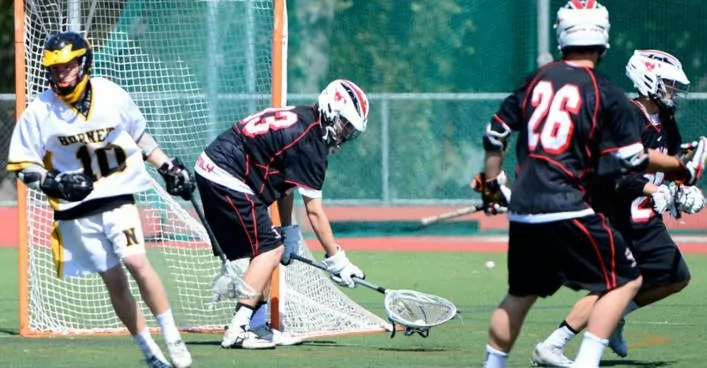 Lacrosse Goalies Rules To KnowJune 28, 2022
Lacrosse Goalies Rules To KnowJune 28, 2022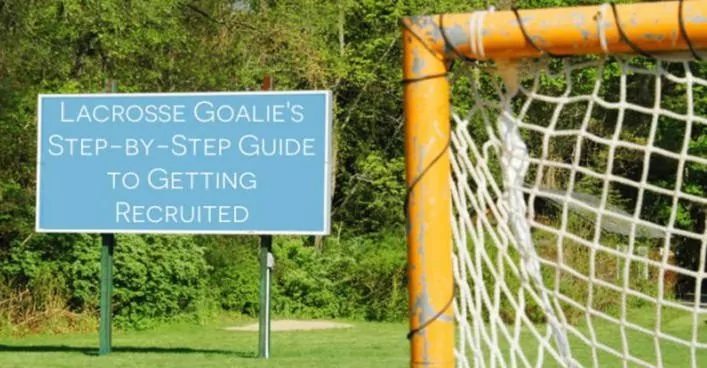 Lacrosse Goalie Step-by-Step Guide to Getting RecruitedFebruary 6, 2022
Lacrosse Goalie Step-by-Step Guide to Getting RecruitedFebruary 6, 2022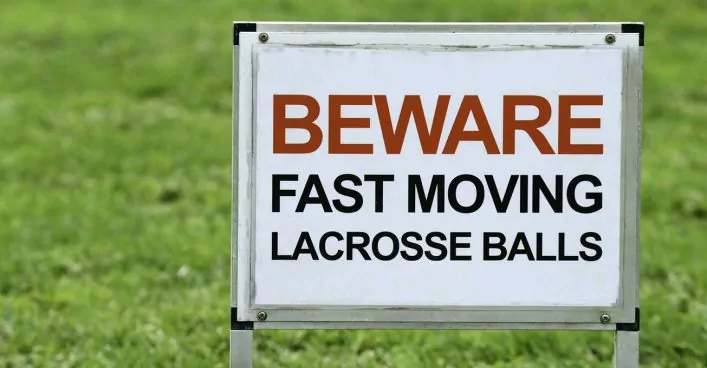 18 Lacrosse Goalie Drills to Improve Your GameApril 24, 2025
18 Lacrosse Goalie Drills to Improve Your GameApril 24, 2025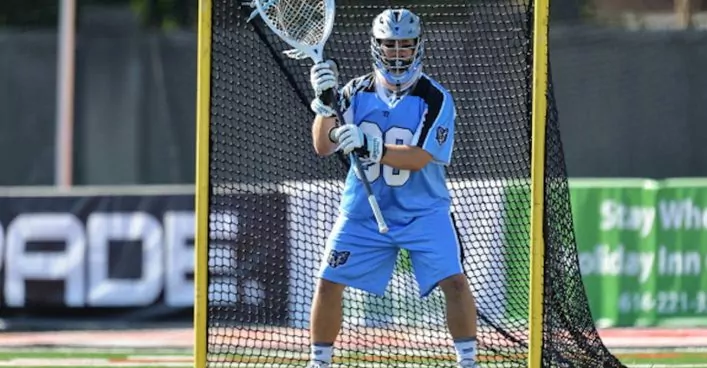 7 Elements of a Great Lacrosse Goalie StanceAug. 1, 2020
7 Elements of a Great Lacrosse Goalie StanceAug. 1, 2020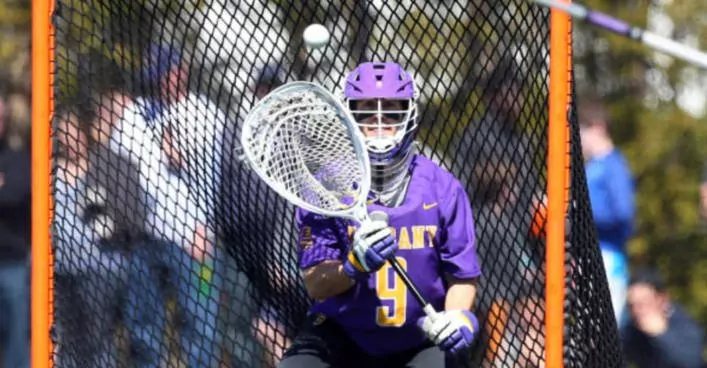 12 Lacrosse Goalie Tips To Take Your Game to the Next LevelSeptember 10, 2024
12 Lacrosse Goalie Tips To Take Your Game to the Next LevelSeptember 10, 2024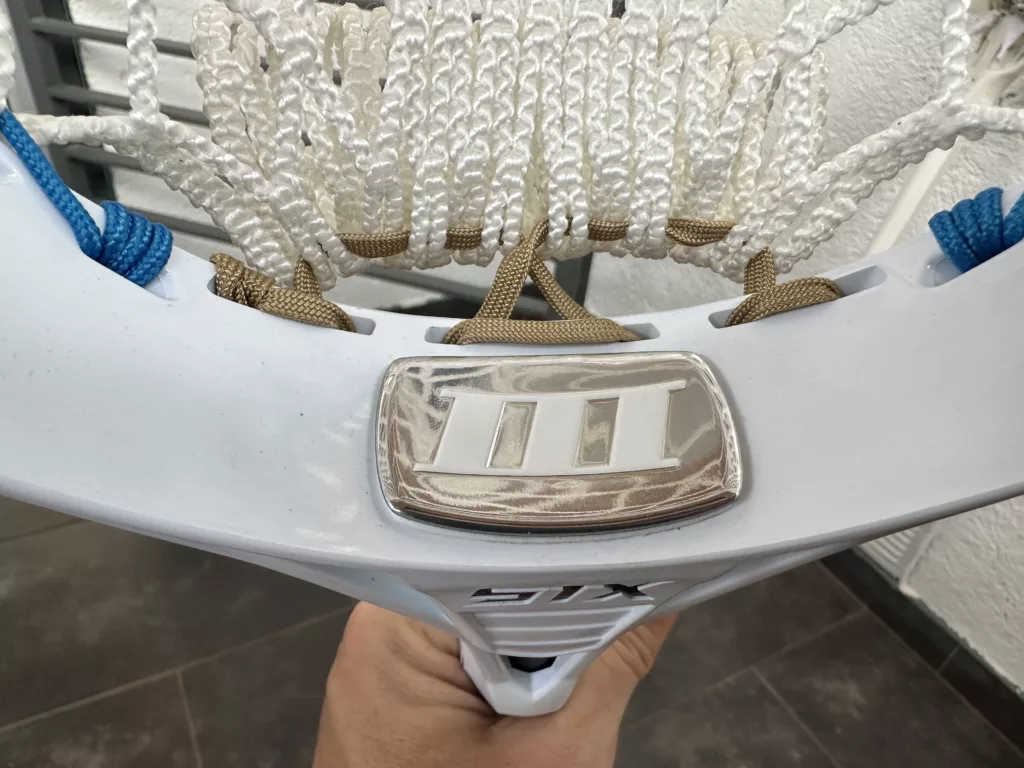 STX Eclipse 3 Goalie Head ReviewApril 24, 2025
STX Eclipse 3 Goalie Head ReviewApril 24, 2025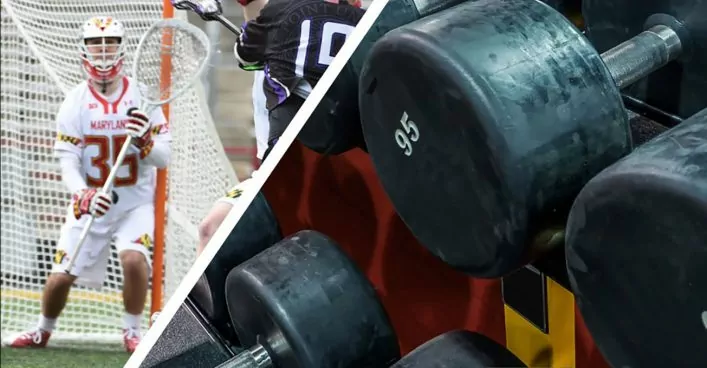 Lacrosse Goalie WorkoutAug. 12, 2019
Lacrosse Goalie WorkoutAug. 12, 2019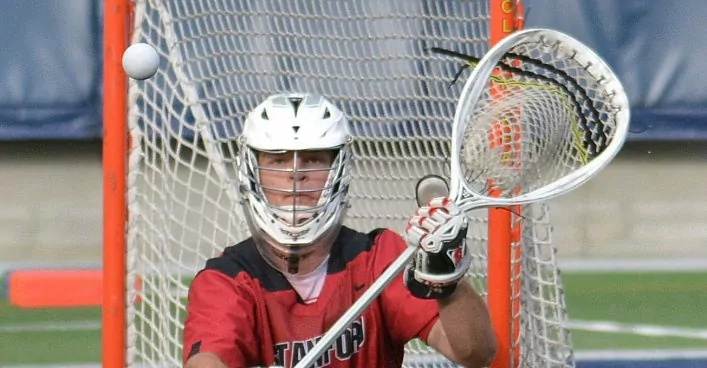 The Basics of Making a SaveJune 29, 2021
The Basics of Making a SaveJune 29, 2021

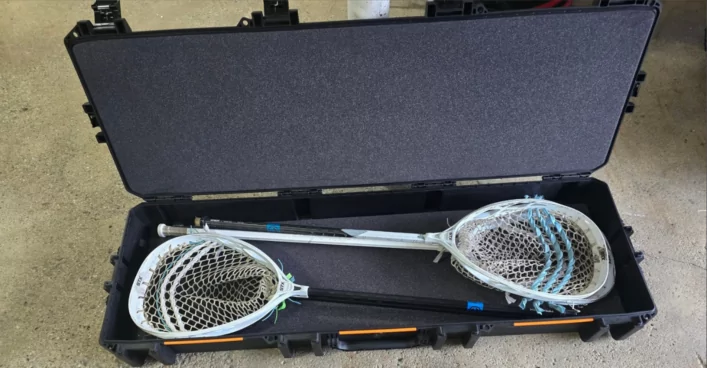
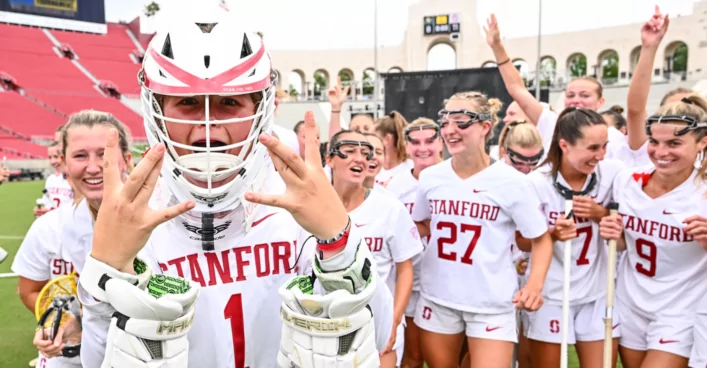
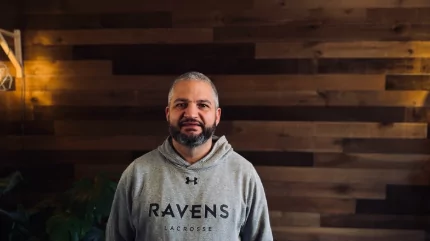
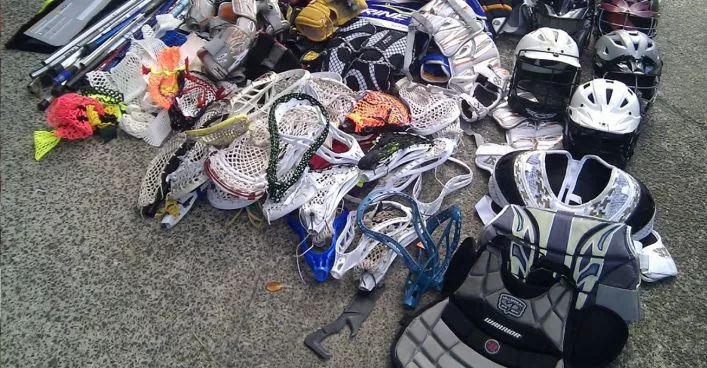

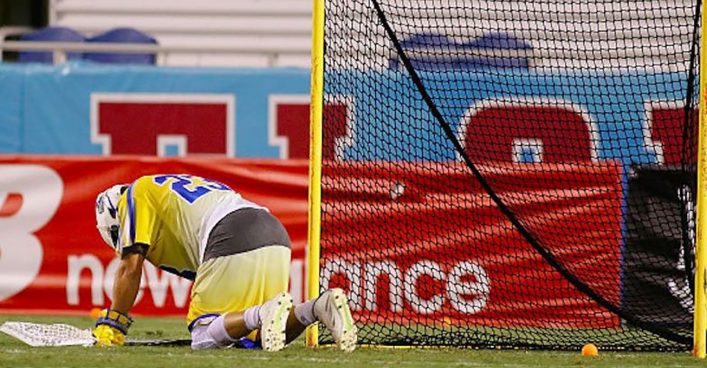
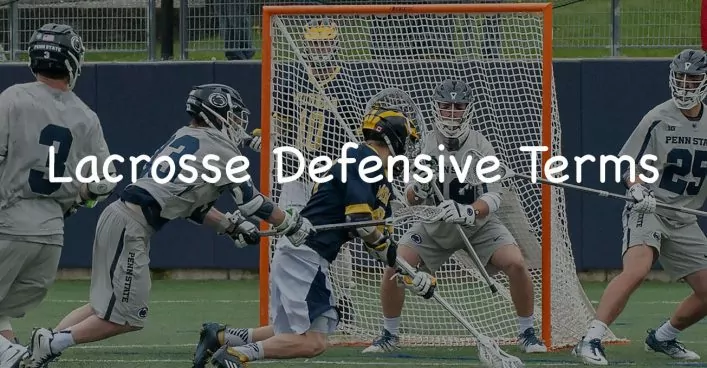
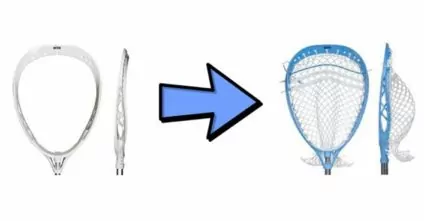
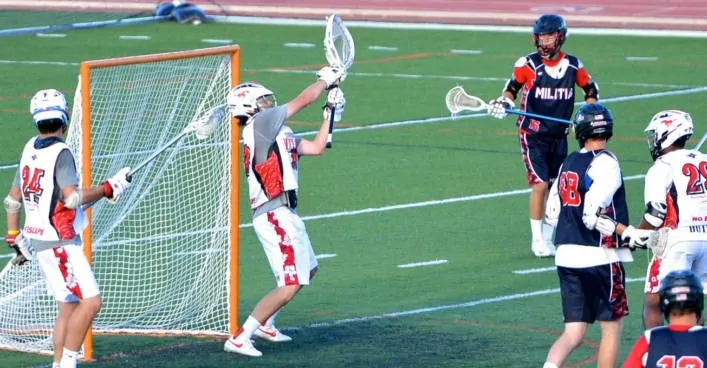




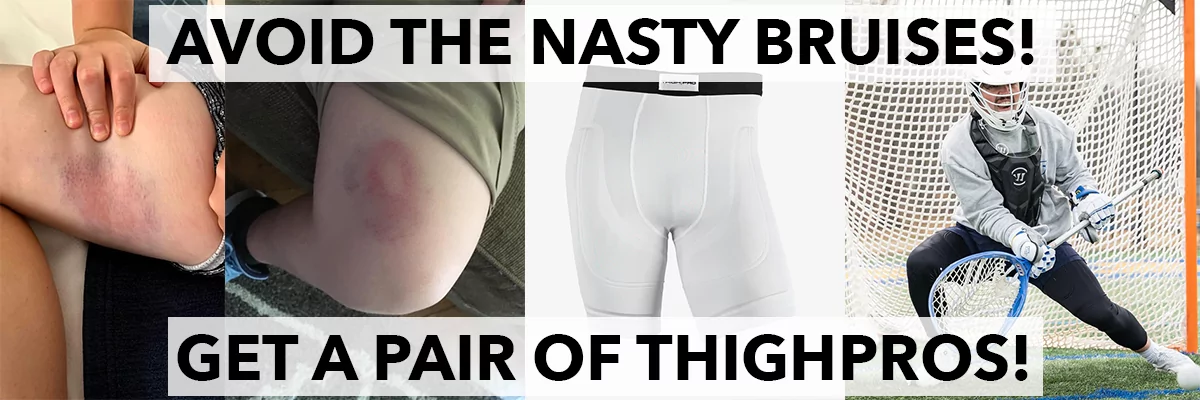

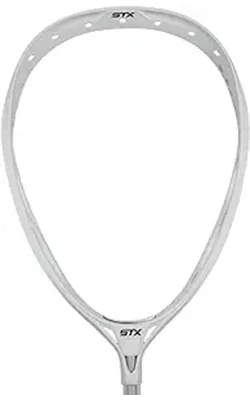

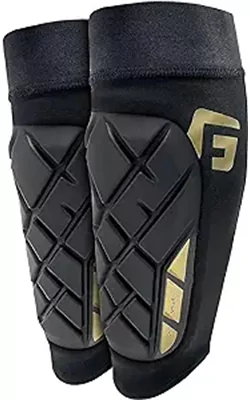
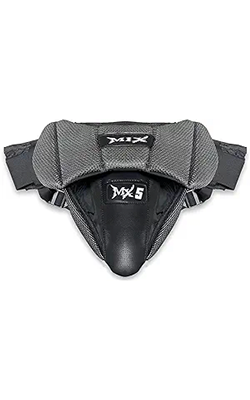

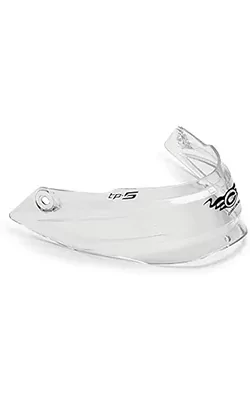
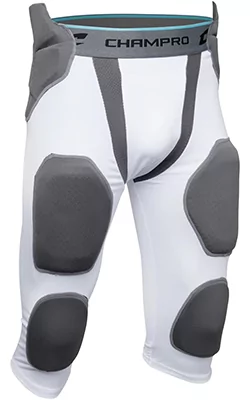
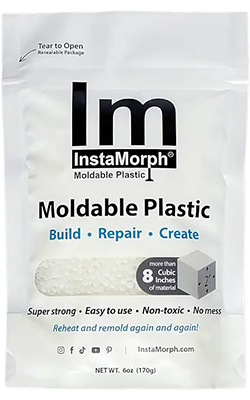
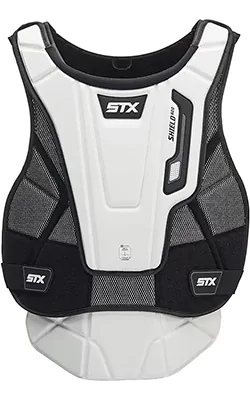
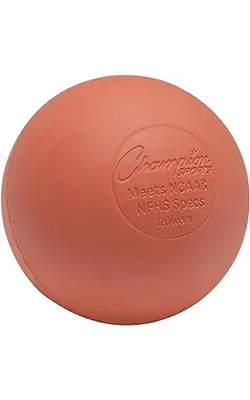
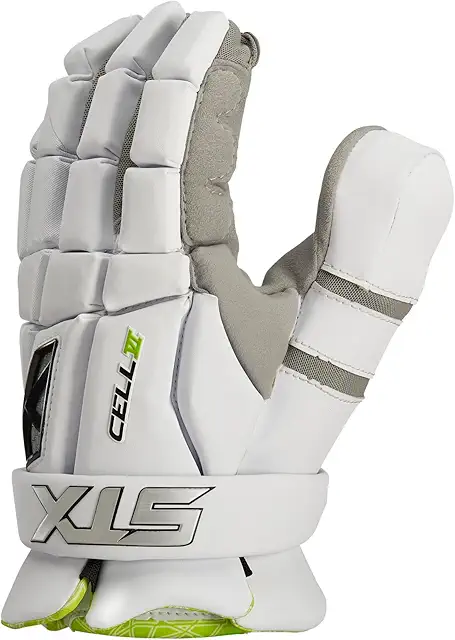
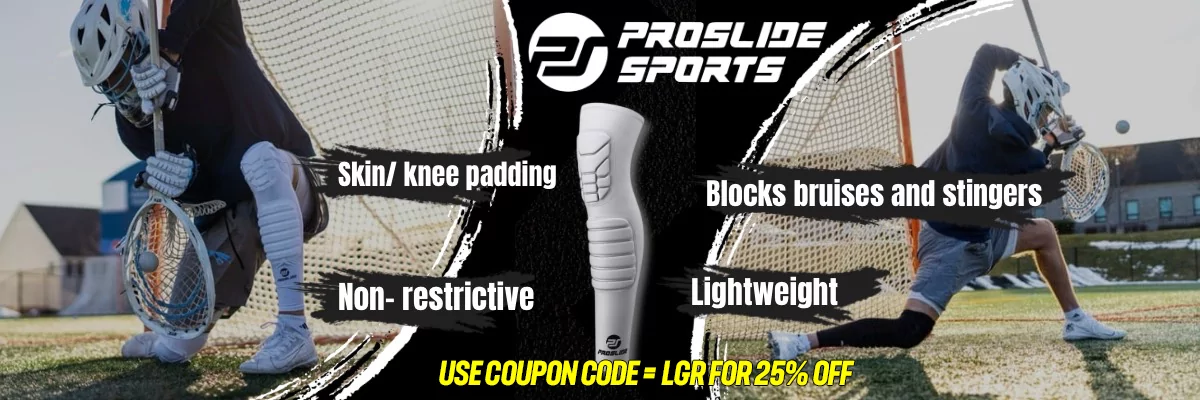




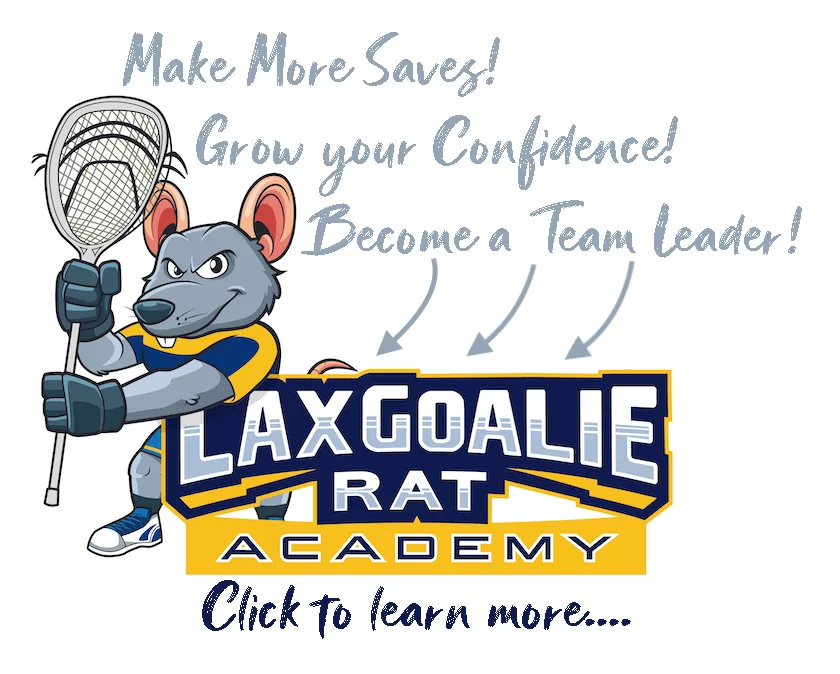
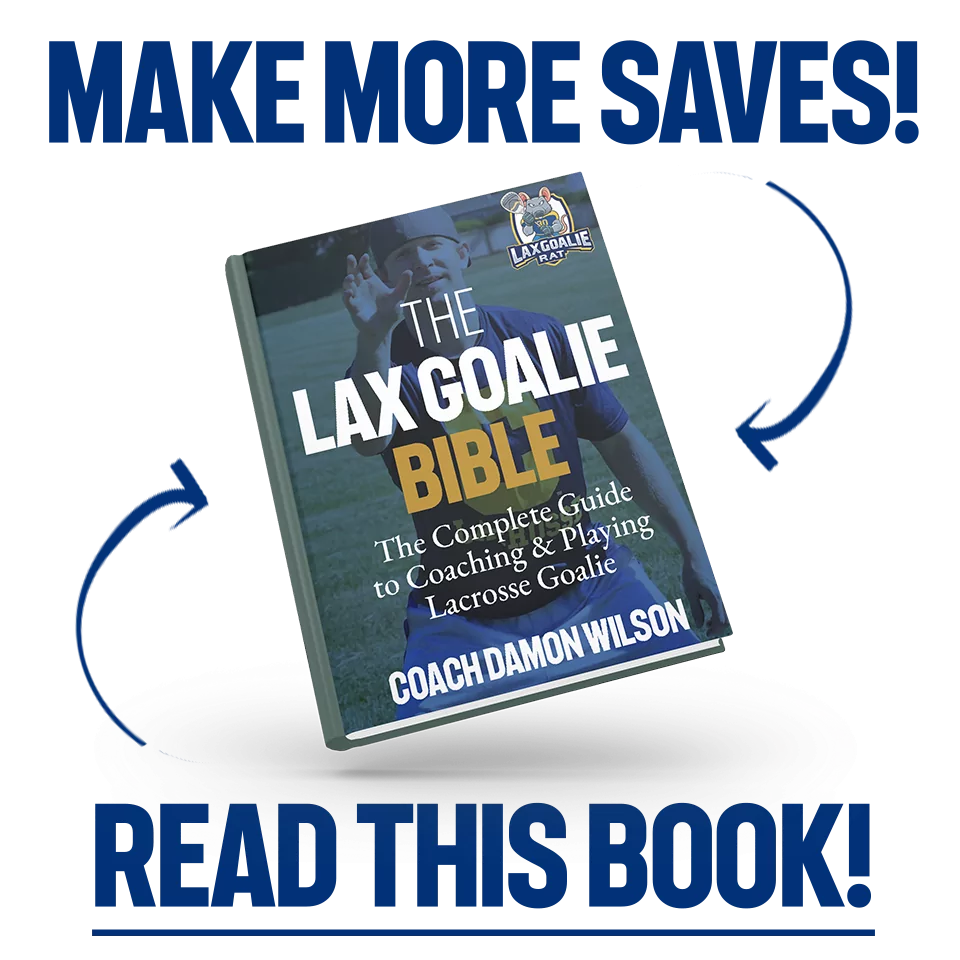
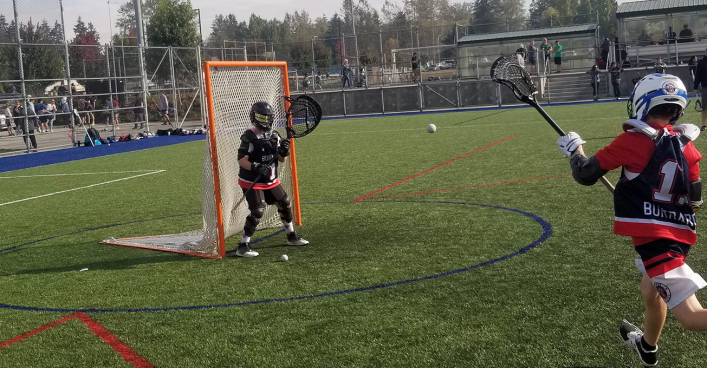
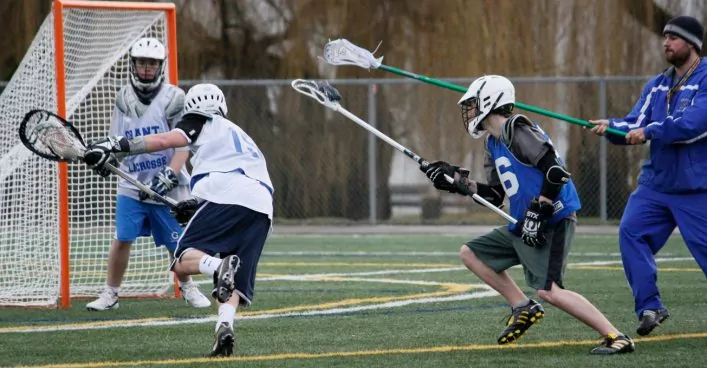
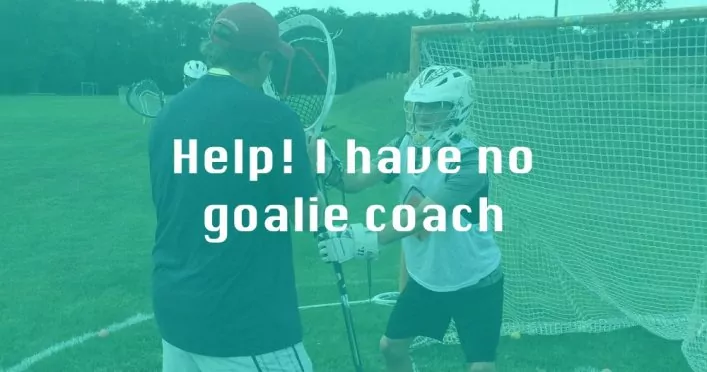
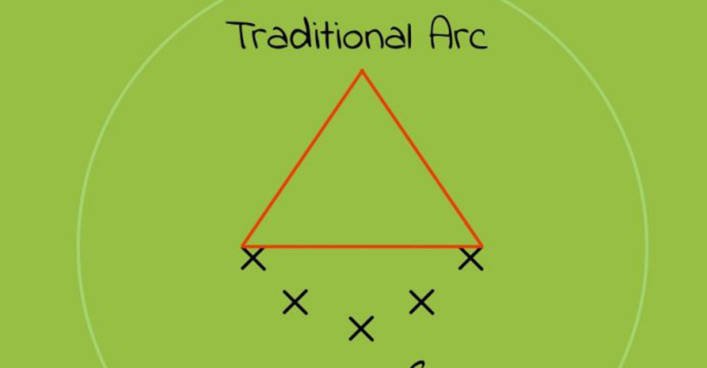
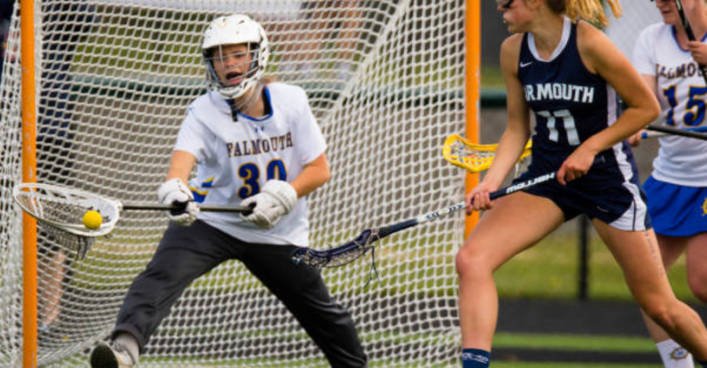




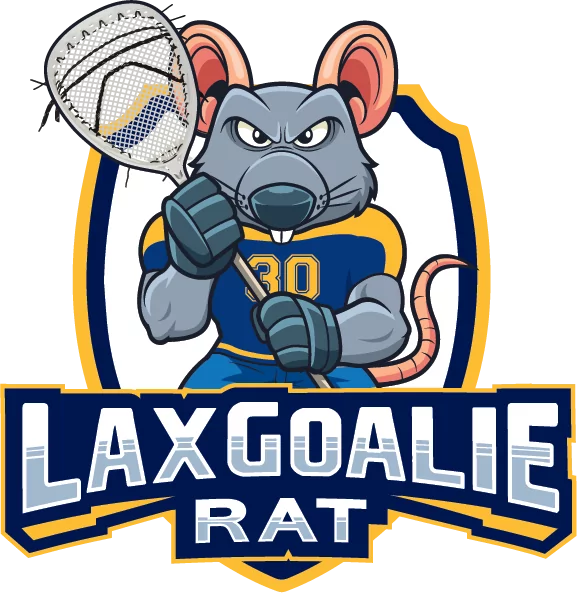




Finding hard to find a good private goalie coach here in Long Island for my son that cancwrk around our schedules ? Can u help
Don’t know anyone in Long Island but you might consider looking at my online lacrosse goalie camp.
It may just be a difference in team atmosphere, but if anyone on the team is an asshole like that, I just tell them to STFU.
Yeah that can work too. Depends on relationship and team like you said. That kinda falls under my “talk to the player” approach.
LaxGoalie Rat!
How do you “cure” a young goalie of ducking?
Here you go – How to Cure a Goalie of Ducking.
. . .or flinching when shot come at their head
Ed, I’d like Coach Damon’s input as well, as I hope to start coaching young players. (I understand that just because I am a goalie does not necessarily mean I will be a good goalie coach!)
Tell me if this is incorrect, but I would start with throwing tennis balls to get their mechanics consistently right (no flinching!) and mix in some “soft” shots with a lax ball. High, low, on-side, off-side, bounce. Repeat lots and lots. It may take time and patience.
I think you’re right on. My approach – Teach them the proper technique (saves, stance, arc, moving, clearing. etc). Reinforce that technique with drills/repetition. Mix in physical drills too get them in goalie shape. Start with tennis balls. Repeat. Coach them to be mentally strong. Finally ensure they have high lax IQ.
BTW, Coach Damon: Do you find the problem of goalie criticism at young ages? Can we guess this is not so much of a problem in elementary school?
The youngest team I’ve coached is 7th grade (12-13 yr olds) and I saw this problem at that level. Can’t say for sure if its as rampant at the elementary school level but I’m sure it exists albeit not as common.
Hey coach, I just finished practice and it wasn’t a good one so one of my team mates thought it was a good idea to vocally express their frustration with a “arghhh why are you so bad it’s so easy! Give me the stick!” Keep in mind he’s younger and never played keep before or defence. Considering he’s not even trying to help should I just put him in his place with a cross check?
Hey Jay – That’s a bummer. What are your thoughts about following the tips in this post?